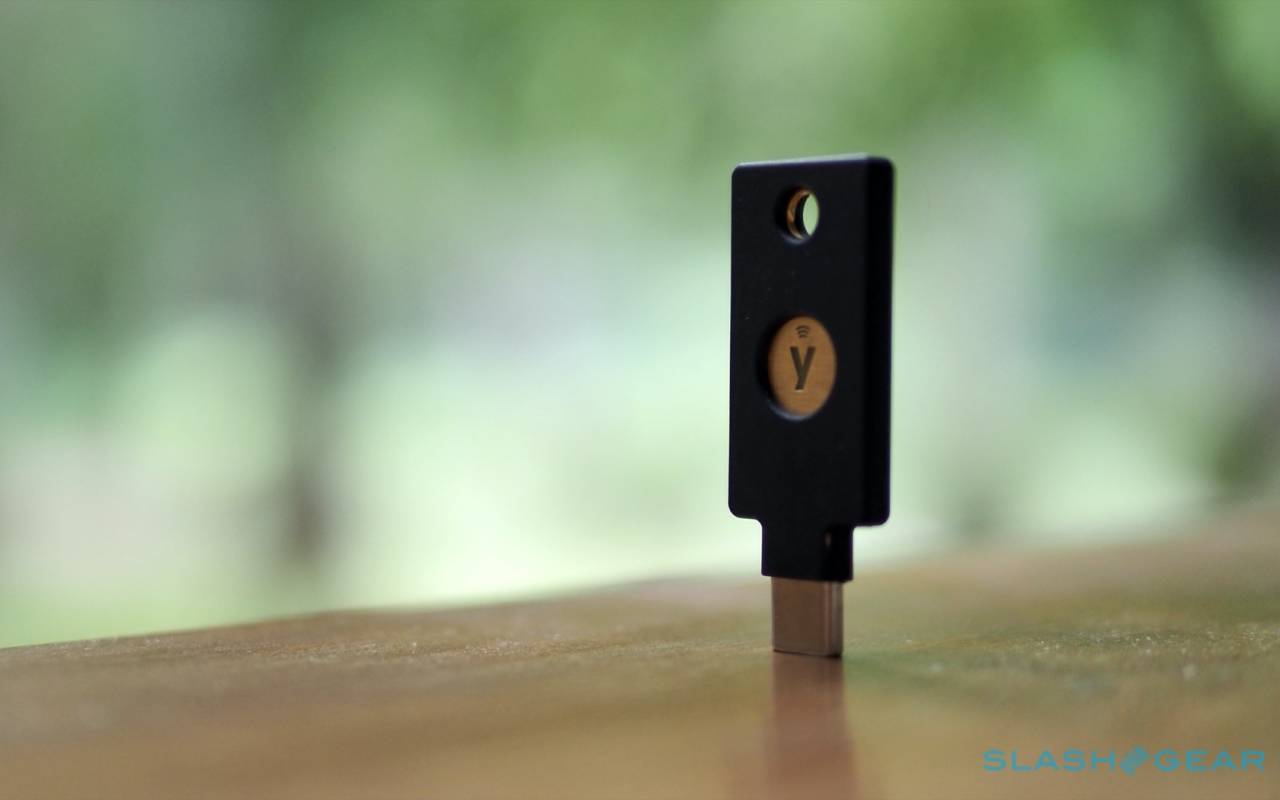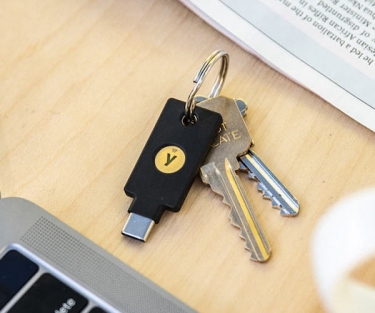
There are four flavors of YubiKey 5 Series devices, including the $45 YubiKey 5 NFC reviewed here, as well as three other form factors: the $50 YubiKey 5 Nano, the $50 YubiKey 5C, and the $60 YubiKey 5C Nano. The downside is that browsing the Yubico store is a frequently overwhelming experience.

This is great, because consumers and IT professionals can get exactly what they need at a variety of prices. Yubico has always offered several sizes and variations of its security keys to fit just about every need. But the theory behind 2FA is combining two different systems of authentication from a list of three: In practice, two-factor authentication (2FA) means having to do a second thing after entering your password to prove it's you.

While there's a lot you can do with a hardware security key such as the YubiKey, its primary role is as a second factor of authentication. But if you're already steeped in security wonkiness, you'll love what the 5 NFC has to offer. If you're just looking for a simple hardware U2F option, the YubiKey 5 NFC is probably overkill-consider the more affordable Security Key by Yubico or the Google Titan Security Keys instead. But that's just the start of what this remarkably powerful, and remarkably tiny, device can do. The fifth generation of the YubiKey supports FIDO U2F for a secure second-factor authentication and uses NFC to work with your phone. Thankfully, the Yubico YubiKey 5 NFC is here to protect our most important accounts and much more besides.

Passwords have been the weak point of security since they were first introduced.

No matter how you connect it to your PC, the Security Key NFC supports the FIDO U2F and FIDO2/WebAuthn authentication standards, which isn't surprising, as Yubico contributes to both. That's still cheaper than Google's Titan USB-C/Security Key, which is $35-if you can find it in stock. The Security C NFC costs five dollars more than the USB-A option ($29 versus $24). Hardware authentication company Yubico is addressing that need with an inexpensive security key that allows logins via USB-C-or with just a tap of the key to a PC or phone. So security keys that serve as a form of multi-factor authentication or passwordless login need to play well with the port. The European Union even wants to force the use of USB-C. Because of its power delivery, high transfer rates, and Thunderbolt capabilities, USB-C has become ubiquitous on modern devices.


 0 kommentar(er)
0 kommentar(er)
